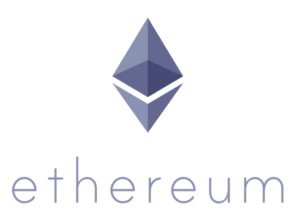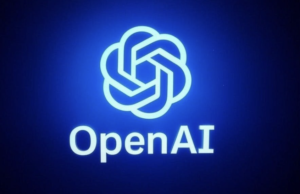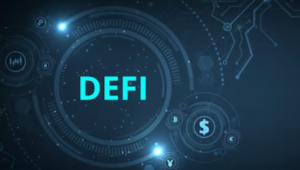$SUI
#CetusHack #SuiNetwork #Decentralization #CryptoSecurity #Blockchain #CryptoNews #TrustlessSystems #Hacking #CryptoAssets #DigitalCurrency
The recent hack of Cetus, resulting in a staggering loss of $260 million, has ignited a contentious debate around the decentralization of the Sui Network, prompting a critical reassessment of what has long been considered a foundational principle of cryptocurrency. This incident not only underscores the vulnerabilities inherent in digital asset platforms but also raises fundamental questions about the efficacy and reliability of purportedly trustless systems in safeguarding against such breaches. As details of the hack continue to unfold, the crypto community finds itself at a crossroads, grappling with the implications of this breach for the future of decentralized finance (DeFi) and the broader blockchain ecosystem.
At the heart of the controversy is the decision to freeze the Sui Network in response to the hack, a move that critics argue undermines the very notion of decentralization. By exercising such centralized control, the network’s administrators have, according to some observers, exposed a critical flaw in the architectural and philosophical underpinnings of crypto platforms. The incident serves as a potent reminder that, despite the aspirational goals of decentralization and autonomy, the mechanisms for intervention and control remain, to a significant extent, centralized.
Furthermore, the Cetus hack brings to light the challenges and limitations of ensuring security within trustless environments. Trustless systems are designed to mitigate the risks associated with central authority and intermediary intervention, promising a more secure and transparent process for transactions and interactions. However, as this incident demonstrates, these systems are not immune to exploitation and pose complex security challenges that need to be addressed. The breach has sparked a vital conversation about the balance between decentralization and the necessity for effective security protocols, a discourse that is sure to influence the evolution of blockchain technology and crypto security strategies.
As the Sui Network and the broader crypto community begin to navigate the aftermath of the Cetus hack, the incident serves as a watershed moment in the ongoing dialogue about decentralization, security, and trust in the digital age. The resolution of this debate and the measures taken to prevent future breaches will have far-reaching consequences for the development of crypto technologies and the foundational philosophies that drive them. Despite the setback, this moment presents an opportunity for introspection and growth, as stakeholders across the spectrum reevaluate and reinforce the structures that underpin the digital financial landscape.











Comments are closed.